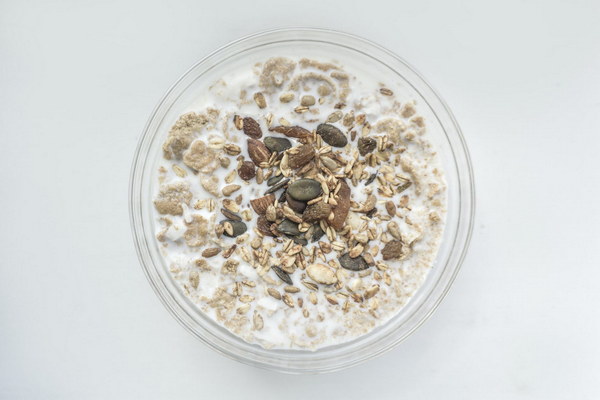Summer Liver Care, Winter Lung Protection A Year-Round Guide to Wellness
In the bustling cycle of nature, each season brings its own set of health challenges and opportunities. While the summer sun often prompts us to focus on liver health due to increased exposure to UV rays and heat, it's equally important to consider how we care for other organs during different times of the year. The adage Summer Liver Care, Winter Lung Protection encapsulates this principle. As we transition from the warmth of summer to the chill of winter, it's time to shift our focus to protecting our lungs. Here's why and how you can ensure your respiratory system remains robust throughout the colder months.
The Link Between Seasons and Organ Health
The ancient practice of Ayurveda, the traditional system of medicine from India, suggests that each season corresponds to specific organs. Summer is associated with the liver, as its high energy and fiery qualities are believed to mirror the liver's role in metabolizing toxins. Conversely, winter is thought to be the season that affects the lungs, given the cold, dry air that can lead to respiratory issues.
Why Winter Calls for Lung Protection
Winter air tends to be colder and drier, which can irritate the lining of the lungs and increase the risk of respiratory infections such as colds, flu, and pneumonia. The body's natural defenses may also be weakened during the colder months, making it easier for pathogens to take hold. Moreover, indoor heating can further dry out the air, exacerbating lung irritation.
Practical Tips for Winter Lung Protection
1. Humidify Your Living Space: Use a humidifier to add moisture to the air in your home. This can help prevent dryness in the nasal passages and lungs.
2. Stay Warm: Cold weather can lead to a decrease in circulation, which may affect your respiratory system. Dress warmly and consider a scarf or shawl to protect your neck and lungs.
3. Wash Your Hands Regularly: This simple practice can prevent the spread of respiratory infections.
4. Exercise Regularly: While it may be tempting to hibernate during the winter, regular exercise can help keep your lungs strong and your immune system robust.

5. Eat a Healthy Diet: Foods rich in vitamin C, vitamin E, and beta-carotene can help strengthen lung function. Citrus fruits, nuts, seeds, and leafy greens are all good choices.
6. Avoid Smoking and Secondhand Smoke: The cold weather can make smoking feel more enjoyable, but it's a double whammy for your lungs. Smoking can further irritate the respiratory system, and secondhand smoke is just as harmful.
7. Stay Hydrated: Drinking plenty of fluids helps keep mucus thin and easy to expel, reducing the risk of respiratory infections.
Natural Remedies for Lung Health
In addition to the above tips, there are several natural remedies that can help support lung health during the winter:
- Ginger Tea: Ginger has natural anti-inflammatory properties and can help clear congestion.
- Honey and Lemon: A spoonful of honey with lemon in warm water can soothe a sore throat and help with respiratory issues.
- Peppermint Oil: Inhaling peppermint oil can help open up airways and relieve congestion.
Conclusion
Just as summer demands liver care, winter requires lung protection. By taking proactive steps to keep your lungs healthy, you can ensure a more comfortable and healthier winter. Remember, the best way to protect your lungs is through a combination of lifestyle changes, a healthy diet, and mindfulness about the environment you're living in. With these strategies, you can enjoy the beauty of winter while keeping your respiratory system in tip-top shape.









